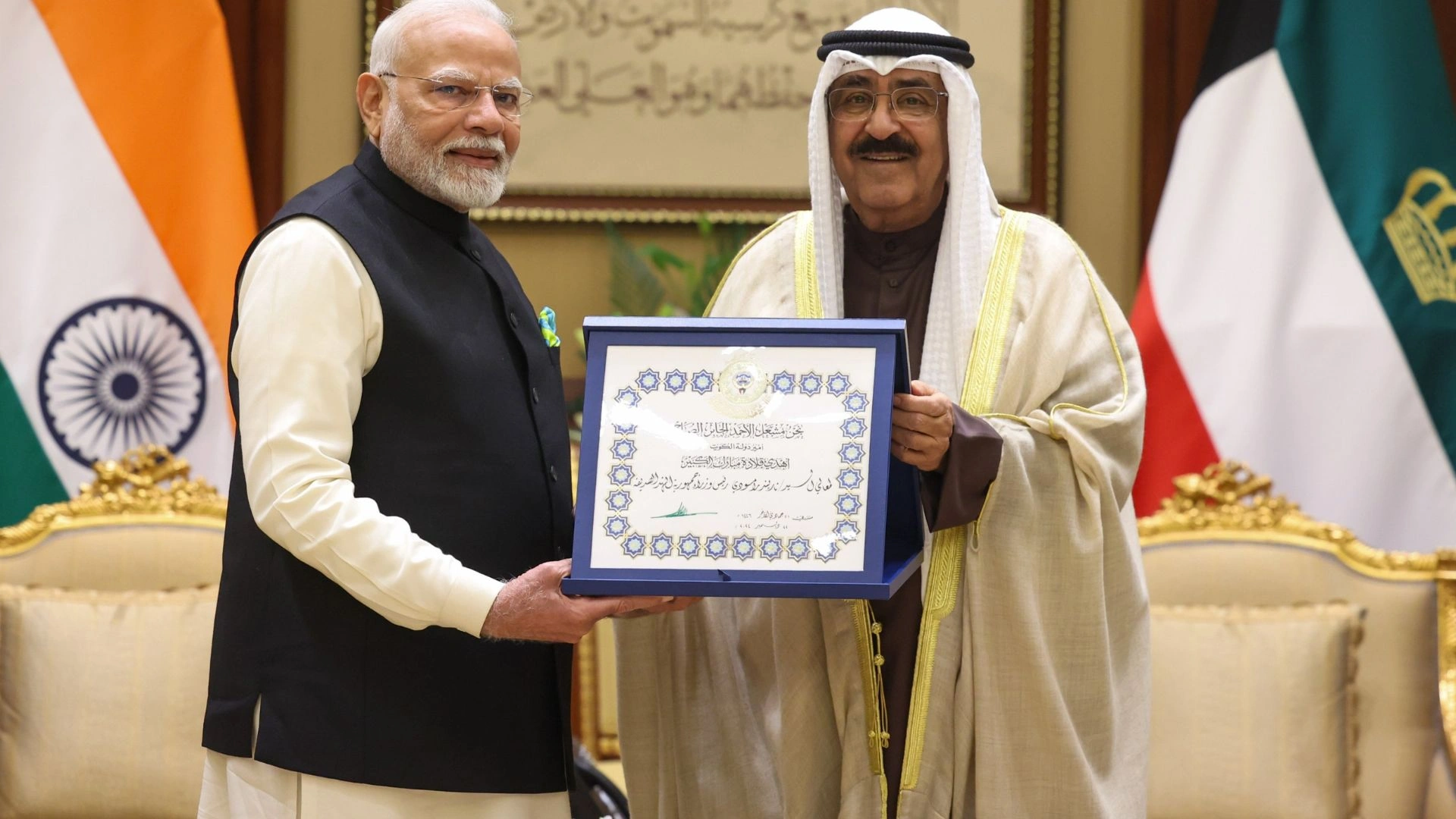As Donald Trump returns to the political fray after his triumphant presidential elections, international organizations like the United Nations get ready for potential developments post his second term. His first term so far saw significant actions that have rattled a lot of folks in global institutions, and the next four years can stir up more rumpus, especially for the U.N. and its agencies.
Track Record: Trump and the U.N.
In his initial mandate, Trump was sharply critical of the U.N. and took several steps that put the United States outside of international cooperation. He announced a freeze on funding for U.N. health and family planning agencies, withdrew the United States from UNESCO, and quit the U.N. Human Rights Council. The bullets he fired in the direction of multilateralism were also aimed at an increase in tariffs on both friends and foes as well as rebuking global frameworks like the Paris climate agreement.
The U.S. has been the largest contributor to the U.N. over the years, chipping in 22% of its regular budget. Trump’s hostility toward the organization made it clear that he didn’t see the U.N. as an indispensable forum for global diplomacy.
Elise Stefanik’s Appointment: A Sign of What’s to Come
In his second term, Trump’s relationship with the U.N. is beginning to take shape, at least as far as how U.S. lawmakers are to engage with the organization, with the appointment of Republican Rep. Elise Stefanik as U.S. Ambassador to the U.N. Stefanik has been an outspoken critic of the policies of the U.N., having previously called for a “total overhaul” of U.S. funding to the U.N., asking for funds to the U.N. agency for Palestinian refugees to be ended, a view that has been controversial since President Biden suspended the funding after the Hamas-led attacks on Israel on October 7, 2023.
Trump’s ‘Theater’ for a Conservative Agenda
Even with the unpredictability of Trump’s approach, most analysts believe he will continue to use the U.N. as a space for advancing a conservative social agenda rather than as a serious diplomatic space. In Richard Gowan’s words, “Trump doesn’t have a fixed view of the U.N. and will likely continue exploiting the organization for political theater rather than productive international cooperation.”.
In Trump’s first term, his policy actions revolved around promoting America’s interests despite the cost to broader consensus in the global community. The announcement that he would exit the Paris climate agreement and defund agencies, including the U.N. Population Fund (UNFPA), are indicative of a broader “America First” policy approach. What is likely to be intensified under Stefanik is these isolationist policies.
The Geopolitics of Trump’s Second Term
The geopolitical map has dramatically shifted since Trump first came to office in 2017. Conflicts have taken new forms-from Russia’s invasion of Ukraine and continuing standoffs with North Korea and Iran. Saying the U.N. Security Council is stymied by vetoes from both Russia and China, Bolton-a former U.S. ambassador to the U.N.-predicted little if any will be done on proliferation of weapons of mass destruction or the growing conflicts between Russia and China.
With Stefanik leading the U.N. mission, Bolton is expected to expect more of a confrontational engagement from the United States at the U.N., especially regarding issues related to Ukraine on Russia’s part and Israel’s policies in Gaza.
Support for Israel has been a staple position for U.S. administrations, whether Republican or Democratic; so, the cutting of UN programs that are vocal against the actions of Israel might be pretty stark in terms of budget.
Lack of Clarity about U.N. Assistance and Trade
Some of the routine work of U.N. agencies, whose functions are concerning humanitarian aid, human rights, migration, and climate change, may face a new threat in the second term of Trump. While he could maintain U.S. funding for humanitarian aid during his first term, he is likely to step up disruption in world trade as well. His disrespect for rules of the World Trade Organization and increasing tariffs on several goods imported both from friend and foe might continue posing threats to global economic stability.
Climate change is the other area where Trump’s policies could spark upheaval. If, as an indication of his propensity to do so, Trump follows through on his previous intention to withdraw from the Paris Agreement again, then global efforts to reduce carbon emissions in the globe would lose the leadership of the world’s second-highest emitter of green gases, which would only heighten the challenge of curbing international carbon emissions.
Possible Impact on U.N. Agencies and International Relations
International bodies, the WHO included, will also be at risk. The WHO has faced suspension of funding by the Trump administration in his first term during the novel COVID-19 pandemic for mishandling the pandemic and giving China a free hand. If the U.S. leaves the WHO in his second term, it would be rather a severe financial and technical blow to the organization.
Still, the U.N. does not exist in a vacuum, pure and simple. Most international organizations have built-in safeguards to insulate them from political transitions and keep operating unabated. In this regard, UN Secretary-General Antonio Guterres is sanguine about the future prospects of the climate change agenda. “The clean energy revolution is unstoppable,” he declared, regardless of its accompanying political headaches.
Conclusion: What’s Next
Trump’s second term may turn out to be a testament moment for the U.N. And other international organizations. Even if his policies strain global diplomacy even further, the U.N. will remain a vital forum for worldwide discussions, however rocky the road ahead. The full impact that Trump will have on cooperation at the global level remains unclear. Certainly on climate change, global health, and conflict resolution, it is uncertain. One thing, however is clear: with Stefanik as his ambassador, the U.S. will likely continue its antagonistic stance toward multilateralism and adopt an increasingly isolationist foreign policy approach.
(Includes inputs from online sources)
ALSO READ: Robert F. Kennedy Jr. Calls Donald Trump’s Diet ‘Just Poison’ On Podcast

















